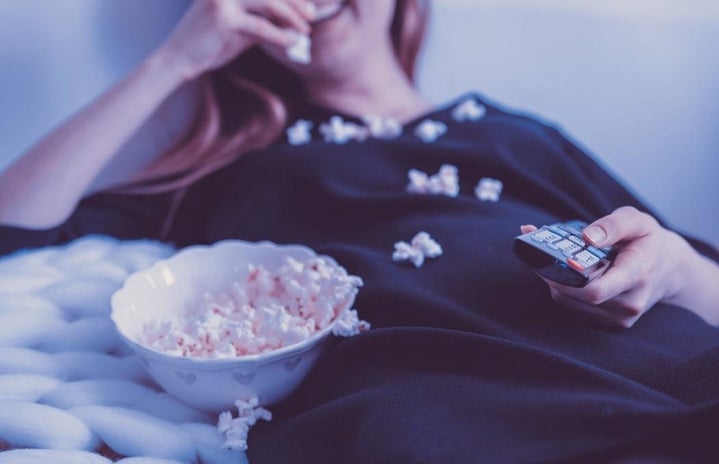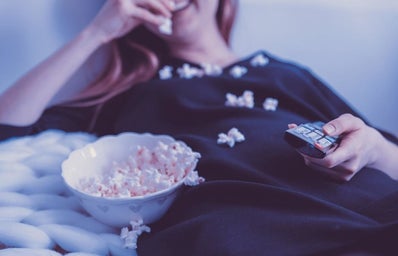With its 12th season on the horizon, 4 seasons of All Stars completed (for returning queens) and having ‘crossed the pond’ to the UK for its first season with the BBC, RuPaul’s Drag Race has had a great cultural impact on the LGBTQ+ community and popular culture as a whole. It’s only going to get bigger and better. RuPaul’s Drag Race is a reality tv show that follows selected drag queens – typically (but not always) gay men – through various challenges as they compete for the title of America’s next drag superstar and a cash prize of $100,000.
With the show’s host being arguably the most well-known drag queen on the planet, Drag Race has allowed drag as an artform to move into the mainstream and to be celebrated by all. Its fanbase has now extended way beyond the LGBTQ+ community and with its fixation on presenting as women (naturally) it has attracted a large young female audience. I for one am happy to see such a large show dedicated to unapologetically expressing femininity and showcasing variety of how to ‘appear’ female, however, drag has also always been used to mess around with the expectations of gender roles. This has truly helped create a larger culture of self-expression through ways of dressing which the younger generation has grabbed hold of.
Drag Race acts as a breath of fresh air when it comes to reality TV. Of course, there’s drama (I mean hello, they’re drag queens) and the editing on the show has previously gone under fire for presenting certain contestants in a negative way but compared to many other reality competitions it welcomes and presents a beautiful range of people. A real range, not often seen in these kind of shows – people from different backgrounds, with different skin tones, body shapes and sizes, all making the show something worth celebrating.
Although the main premise of the show entails how the queens act in challenges and what outfits they bring to the runway, most of what we see is behind the scenes in the workroom where many contestants have discussions about gaining acceptance within their communities back home and their journey accepting themselves.
It all sounds quite cheesy but beyond the glitz and the glam these LGBTQ+ artists sharing their stories is rather comforting and heartfelt, and it is lovingly received by those watching at home. A constant message perceived by the show is for people to accept themselves for how they are, or for how they truly want to be – it acts as a reminder to do things on your own terms and to not focus on what other people think. Compared to other large reality TV shows such as Love Island, Drag Race focuses more on sincerity and expression rather than showing only one seemingly pre-packaged type of reality TV star.
With strong influences from the media, and social media platforms such as Instagram in particular, mainstream reality TV has come under fire in recent years for showing a lack of representation and additionally creating a copycat culture that has negatively affected the younger generations. Expectations created by these shows can be damaging to mental health as viewers compare themselves to what they see on screen, and if they are different to what they see – typically petite with long hair, fake tanned, living lavish lifestyles etc. – it can really lower self-esteem. It’s a culture I try to detach from as much as I can.
What Drag Race achieves through its representation is exciting and inspiring and, in a time, where the world and its expectations can appear overwhelming, a show like this is needed now more than ever.
RuPaul’s Drag Race series 1-11 are available to stream on Netflix now and RuPaul’s Drag Race UK is currently available on BBC iPlayer.



